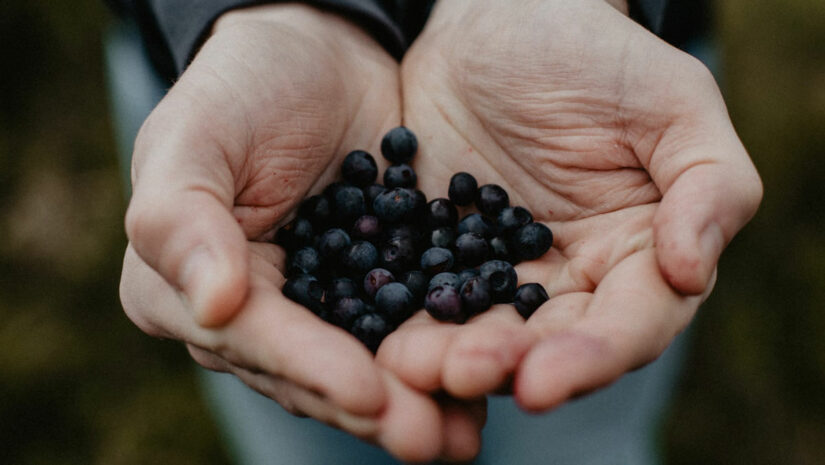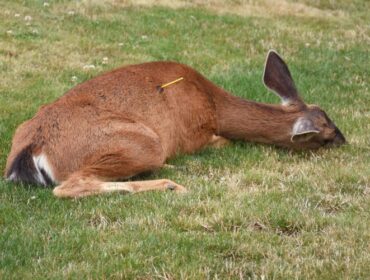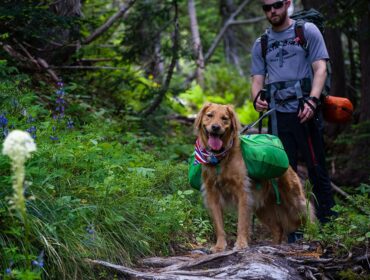No matter what your current living situation may be, there are basic outdoor survival skills everyone should learn so they know how to take care of themselves in the event of a disaster — natural, political, or otherwise. You don’t have to be a highly trained soldier to handle your most basic needs in the outdoors. You only need a little common sense and some self-education and practice to stay relatively safe. Let’s take a look at just five basic outdoor survival skills everyone should learn.
Seek or Create Shelter
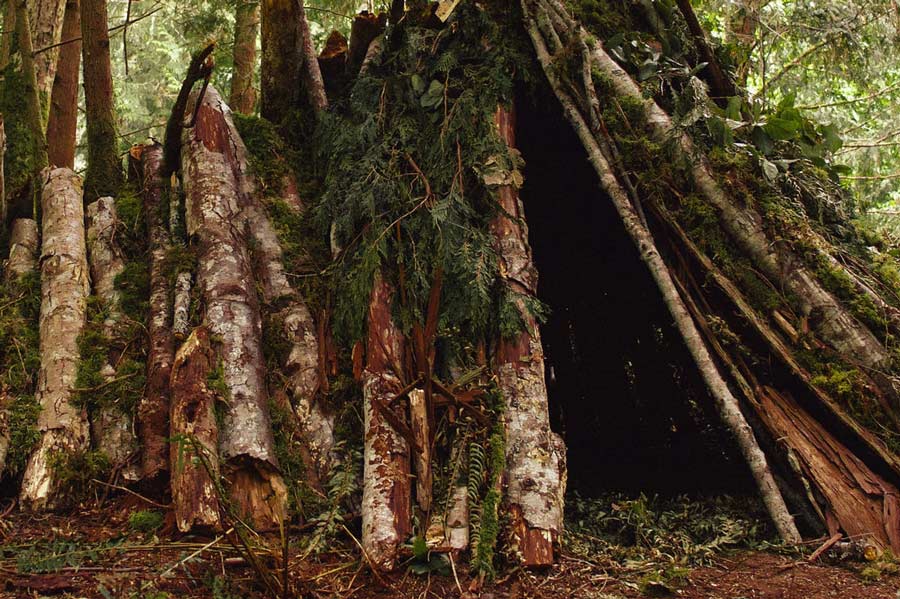
Shelter is the most important thing you need to look after in a survival situation — and that means you may have to create one if there are no natural features that can serve as shelter. Look for rocky overhangs, caverns, or caves in your immediate area that can shelter you from rain, wind, and low/high temperatures.
If none of the above are available, you’ll need to be creative and build a shelter. You can build a variety of shelter types, from a snow cave to a debris hut. Even if you don’t have building materials like a saw, rope, or adhesive, you can assemble a minimal shelter that will protect you from the elements and support your survival more than being exposed in the wild would.
Locate Water

The human body is comprised of almost 80 percent water, making its consumption one of the key factors in your survival. Finding it and rendering it safe to drink are two basic outdoor survival skills you need to know beforehand to increase your chances of survival. If there is no natural water source nearby, you may need to collect morning dew, or build a structure that will extract water from the air. You should always purify your water source before drinking, either by boiling or using bleach or iodine tablets.
Start a Fire
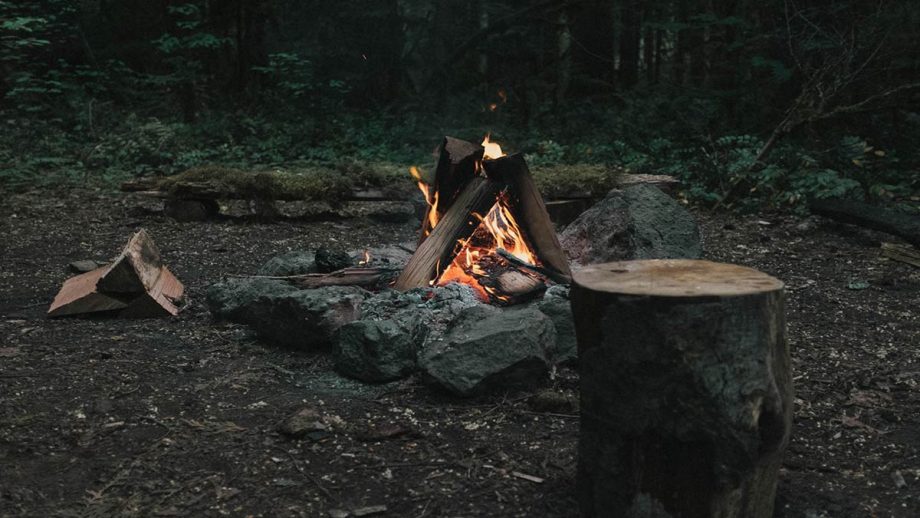
We’ve all seen the age-old technique of spinning a stick into another or cracking two stones together to make fire, but in our modern age, there are much easier ways to get a fire going. Weatherproof matches or a lighter are the most surefire ways to spark a flame, but even a spent Bic lighter with a flint and striker can get it ignited. Getting a solid fire started has more to do with your kindling than your firewood, and there are many methods of making kindling that will burn long enough in any conditions to get more fuel on the fire.
Forage for Food
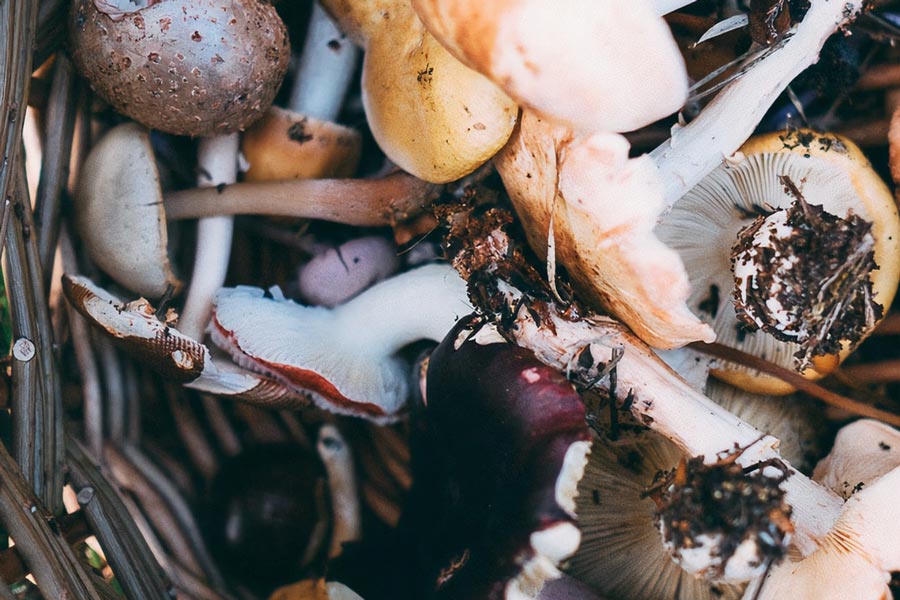
If you have absolutely no naturalist knowledge or have never learned basic outdoor survival skills, there’s little doubt you will have a rough time. Although the human body can survive up to three weeks without food, unpleasant side effects of starvation will start kicking in long before your first week is over.
Now is the time to start learning which plants, fruits, animals, and bugs are safe to eat in the wild. Many harmless plants and fruits mimic the appearance of toxic species as their own adaptation for survival, which could lead you to serious illness or death if you don’t know the difference. Research you do now will certainly pay off in the event of a survival situation!
Featured Image from Beth Jnr/Unsplash
